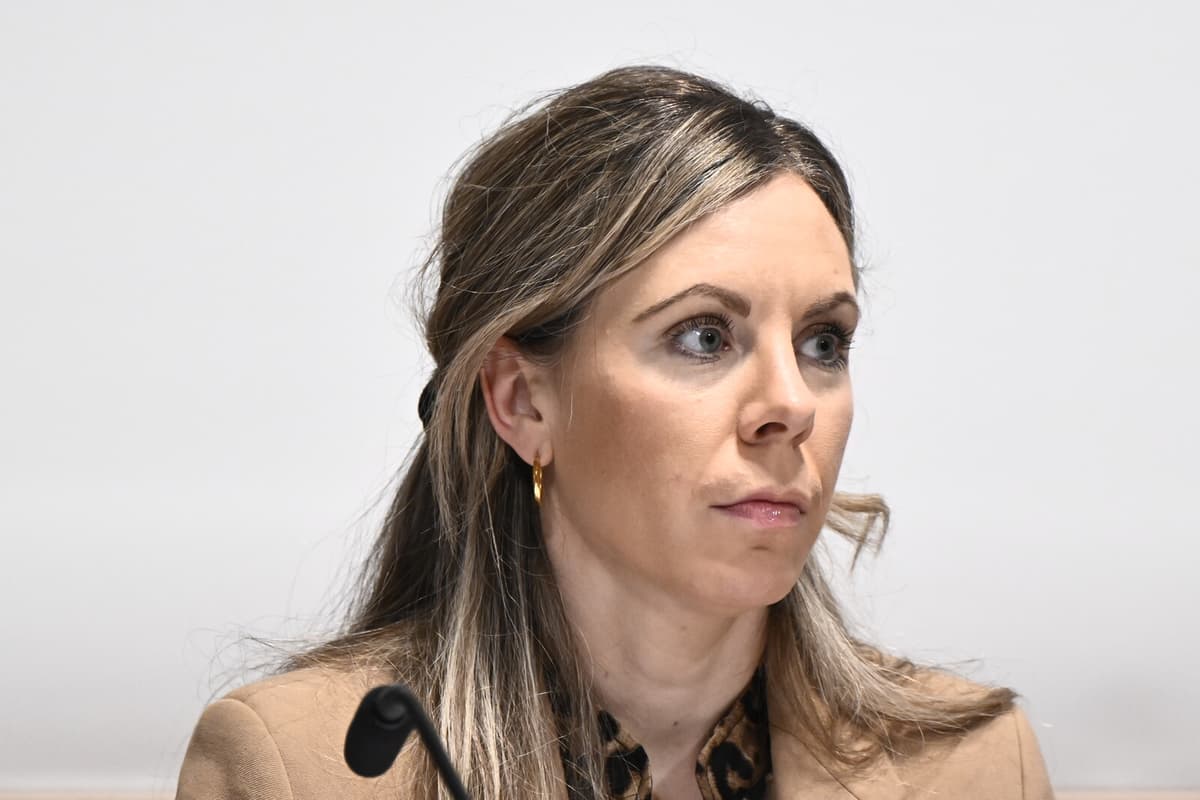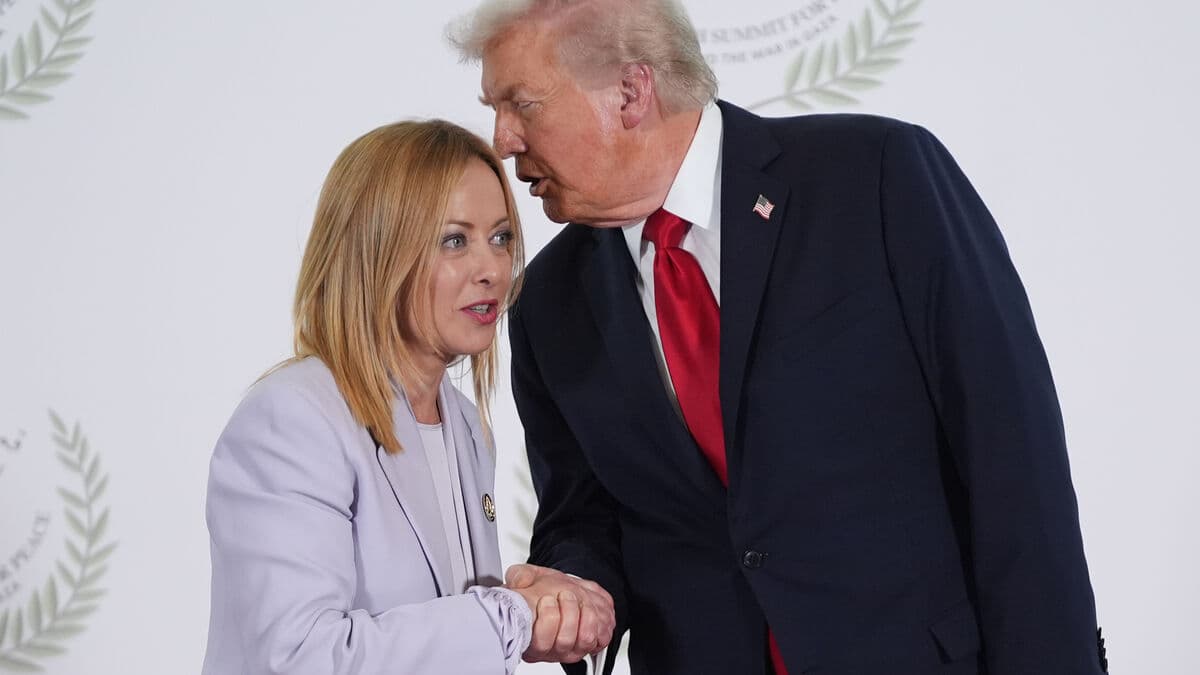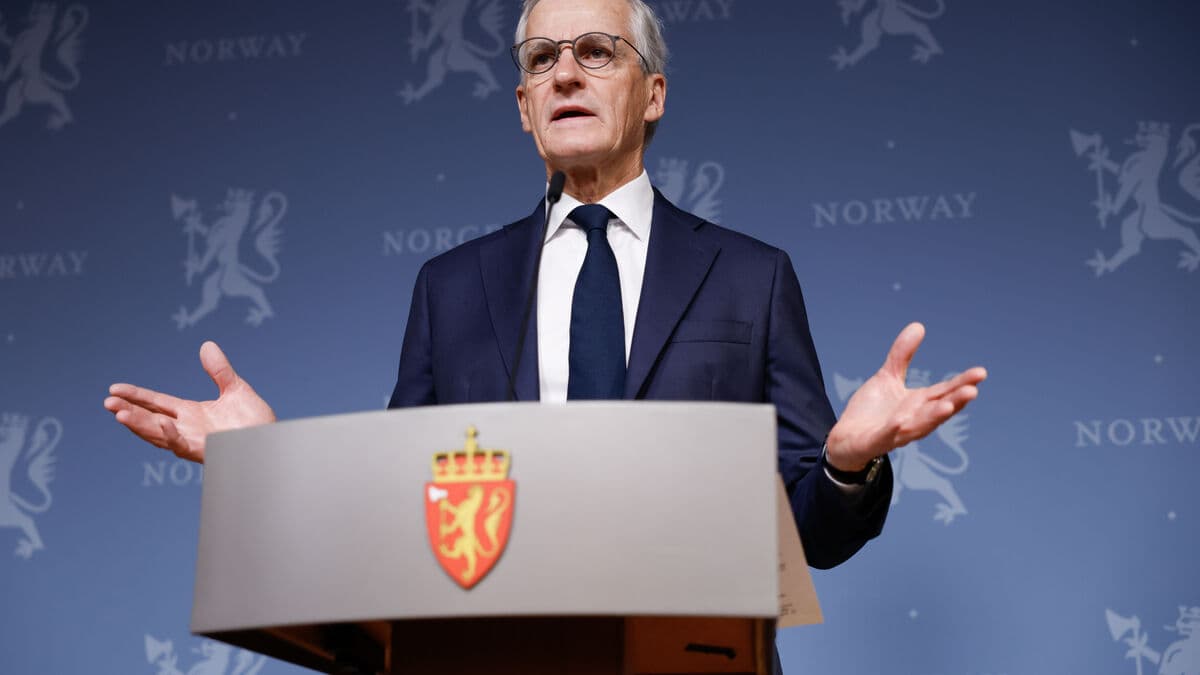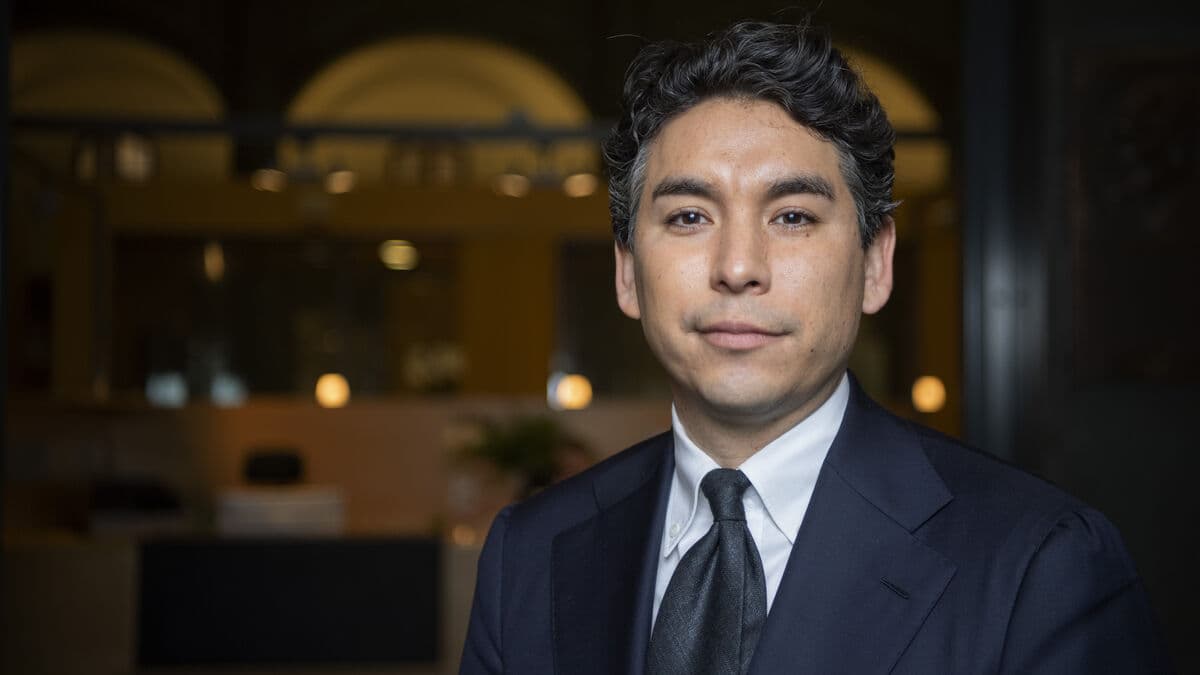The EU Commission has proposed a long-term budget for the years 2028-2034 of over 1,800 billion euros in today's monetary value, equivalent to approximately 1.26 percent of the EU countries' combined gross national income (GNI).
This is far above the government's desire for a maximum of 1.0 percent of GNI.
Jessica Rosencrantz says that she is certainly pleased that the budget prioritizes security and competitiveness, in line with the government's wishes, but demands down-prioritization of other areas.
Two-thirds of today's EU budget goes to agricultural policy and cohesion policy, i.e. various types of regional support, she says.
Since they are the major areas, it is natural to look at re-prioritization there, but also see how one can use those budget posts to meet the need for measures around, for example, security and defense.
"There is no free money"
Rosencrantz also highlights it as a victory that all money from the EU, according to the proposal, will be conditional on a requirement to live up to the principles of the rule of law.
According to the EU Commission, the budget will become a reality without increases in the so-called EU fee that member states pay. Instead, the financing will be secured through more so-called own resources, i.e. various taxes.
But such things are usually difficult to agree on - and the government is negatively inclined.
There is no free money, it also applies to the new own resources proposed. It is money that either goes to the national budgets today or it is taxes and fees that would be imposed on European companies or consumers, says Rosencrantz.
SD wants to see veto
Few seem to be on the same frugal line as Sweden, but Rosencrantz highlights the Netherlands and Germany as member states with a similar approach.
SD's EU parliamentarian Charlie Weimers said earlier on Wednesday that the government should threaten to veto in advance if the negotiations do not go Sweden's way.
In order for the budget to be adopted, all 27 member states must say yes. Therefore, it becomes as if everyone is already entering the negotiation with a veto, says Rosencrantz. The negotiation can go on for several years.
We are now at the starting shot for this long negotiation. But I will be crystal clear from the Swedish side with our priorities ahead. We need a completely different budget than the one we saw today, says Rosencrantz.






